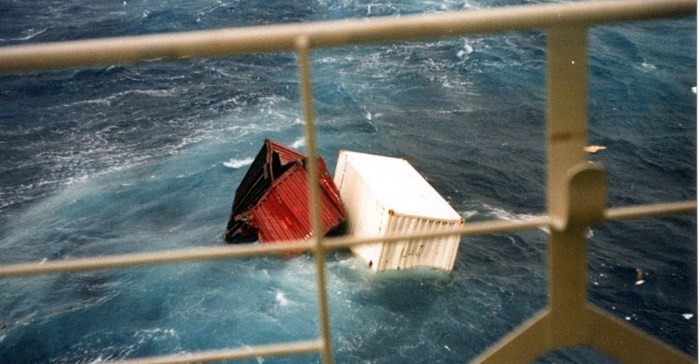According to Singeon Green, account director at Risk Benefit Solutions, small business owners and private individuals may not be aware that they are exposed to substantial risks when dispatching or receiving goods via shipping container. He says that while only around 600 to 2,000 containers are lost at sea per year on average according to the World Shipping Council, lost cargo still costs the insurance industry and companies billions of dollars in losses.
“The numbers of lost cargo of course, fluctuate substantially year-on-year, depending on the catastrophes reported, and some years do see significantly bigger losses. Small businesses that ship goods as a once-off without proper insurance in place are often unaware that one major incident at sea could potentially put them out of business, regardless of the value of their own cargo. Individuals who immigrate and ship their possessions via container also face the same threat if they do not take out cover,” Green says.
The law of general average
The reason for this is the fact that the law of general average is still commonly utilised in the marine industry today, he says. “The law of general average, or the condition of general average, is a legal principle stating that all parties with cargo on a ship proportionally share any losses resulting from a voluntary sacrifice of cargo in an emergency.”
“So if a ship is in trouble at sea, the captain of that ship may choose to intentionally throw some of the cargo overboard to save the vessel. The individual cargo owners that participated in that risk then have to share the cost for that lost cargo. It is quite dangerous to go into a venture like this uninsured. While their own cargo might not be that valuable, the liability could run into hundreds of thousands of dollars, depending on the value of the other cargo on the ship. When general average is declared it is also a complex calculation and usually a general average surveyor will be called in to determine the liability of each party,” he explains.
General average has been declared quite a few times in recent years and cargo is generally not released before these liabilities are met, according to Green. “This means that the cargo owner may also have potential costs related to the cargo being late or perishable goods spoiling.”
The implications of being uninsured
He states that it is, therefore, important to understand the implications of being uninsured. “Generally an uninsured cargo owner would have to give up guarantees ranging between three and 12 percent of the uninsured cargo owner’s interest in repaying the lost freight, which in itself could bankrupt the individual or business. An insurance policy, on the other hand, takes that function away from the owner and deals directly with the shipping company to cover the loss.”
He points out that there are also other risks to be aware of. “It is important to at least consider buying cover for legal fees should cargo be damaged in the containers.”
Another challenge facing cargo ships is piracy, which has become much more sophisticated around the coast of Somalia, as well as the South China Sea, where about 30 percent of the world’s cargo travels through, says Green. “Additionally, war and political instability are also hazards that owners should seriously consider insuring against.”
“There are different ranks of cover for the cargo owner, from a comprehensive all-risk policy, to a much more basic bulk product, and general average is covered in every level of policy. Insurance is also very quick to obtain, relatively inexpensive in comparison to the potential liabilities, and in the vast majority of cases, we can provide a quote for cover almost immediately,” concludes Green.
































